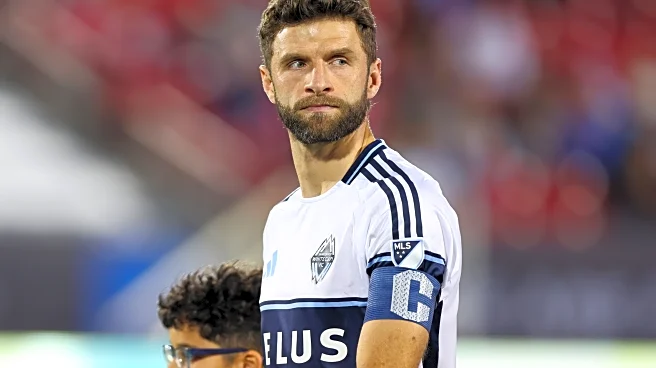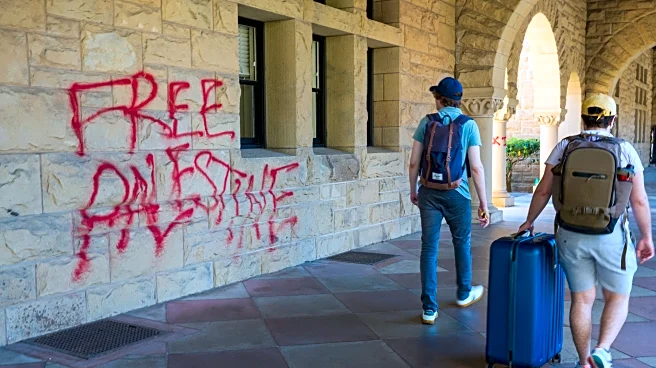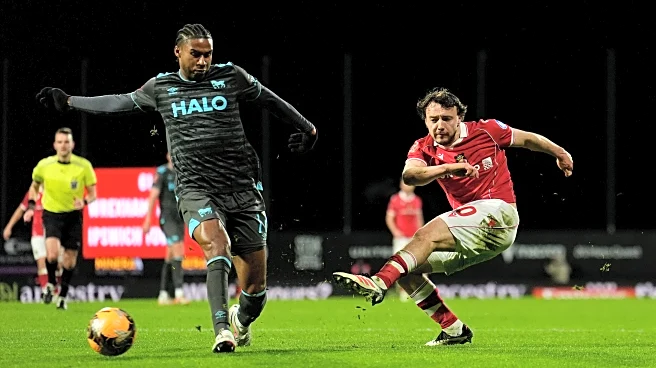This guest post was written by Zach Lowy, Chief Editor and Social Media Manager of BreakingTheLines.com. Zach is a successful journalist and can be followed at @ZachLowy on X and @zachlowy.bsky.social
on Bluesky. Zach’s work can also be found on FotMob, BetUS and others.
Unlike other countries like Poland (Robert Lewandowski), Ukraine (Andriy Shevchenko) and Croatia (Luka Modrić), where there’s really only one right answer, it’s fair to say that there are quite a few legitimate candidates for the title of greatest-ever German player. Whilst Oliver Kahn and Manuel Neuer marked an era between the sticks, Philipp Lahm’s intelligence and discipline proved instrumental in Bayern Munich’s modern dynasty. Gerd Müller emerged as the greatest scorer in the history of the Bundesliga during the 1970s, and before him, other players like Franz Beckenbauer, Uwe Seeler and Fritz Walter made a claim for the best player of their epoch.
All things considered, the answer to this question depends on the criteria that you’re including. If you’re prioritizing goals, you might go with someone like Klaus Fischer or Miroslav Klose. If you’re prioritizing longevity, you might go with Lothar Matthäus, who played at five different World Cups and four European Championships. But if you’re prioritizing all of the above, you might very well go with someone like Thomas Müller. Müller was born on September 13, 1989, in West Germany, two months before the collapse of the Berlin Wall, and grew up playing for local side TSV Pähl before making the move to Bayern’s academy in 2000.
He rose through the ranks and eventually made his full debut on August 15, 2008, making a handful of appearances before bursting onto the scene in the 2009/10 season with 19 goals and 16 assists in 52 appearances to guide Bayern to a domestic double. These stellar displays caught the eye of Germany manager Joachim Löw, who gave him his international debut in March 2010 before calling him up to the 2010 FIFA World Cup. The rest, as they say, is history: Müller finished as the top scorer in South Africa and won a bronze medal and took home the Golden Boot and Best Young Player award, paving the foundations for a legendary career at the club and international level. After watching Borussia Dortmund win two straight Bundesliga championships, Müller responded with a vengeance by guiding Bayern to a historic treble and an unprecedented stranglehold over German football.
Whether operating as a right-sided winger, or an attacking midfielder, or a second striker, or a center forward, Müller made his presence known thanks to his ability to exploit space and venture into dangerous scoring areas before coolly slotting into the back of the net, as well as his skill at contributing to the build-up and constantly offering himself as a passing option and helping out on defense. Whilst Müller wasn’t the strongest or quickest or the most technically gifted, he nevertheless emerged as one of the first names on the team sheet for both Germany and Bayern as a ‘Raumdeuter,’ or Space Interpreter. It wasn’t long before leading pundits like Dave Johnson and Raphael Honigstein were starting to pick Müller to go all the way and surpass Klose as the all-time leading scorer in the FIFA World Cup, with Müller finishing with 10 goals in the world’s biggest tournament. All things considered, Müller would end up scoring 45 goals and 41 assists in 131 appearances for Germany.
Boasting a penchant for big-game heroics, Löw said at his best by describing Müller as “impervious to pressure.” En route to their victorious 2014 World Cup title, Löw stated that Müller is a very unorthodox player and you can’t really predict his lines of running, but he has one aim and that is ‘how can I score a goal?'” After becoming the player with the most Bundesliga titles in history (11) in 2022, Müller would add another championship to his resume before becoming the first-ever Bayern player to participate in 16 Bundesliga seasons as well as the first Bayern player to reach 500 wins in 2023/24. The 2024/25 season, meanwhile would see Müller become Bayern’s all-time leading appearance maker and help the Bavarians wrestle the title back from Leverkusen’s grasp, in addition to surpassing Xavi as the player with the most appearances for one club in the UEFA Champions League and the first player to win 350 Bundesliga matches, whilst it also saw him equal Ryan Giggs for the most titles in the top five European leagues (13).
When Bayern announced that Müller’s contract would not be renewed, many expected Müller to hang up his boots at the end of the 2024/25 season and call it quits on an iconic career, having retired from international football a year earlier. He bid farewell to Bayern after a quarter-century that saw him provide 250 goals and 276 assists in 756 appearances and that saw him win two UEFA Champions League titles. But rather than retire after the FIFA Club World Cup, Müller opted to stay put in North America and make the move to MLS side Vancouver Whitecaps, signing a contract on August 6 for the remainder of the 2025 season, with a Designated Player option for 2026. It didn’t take long for him to make an impact on proceedings, coming off the bench vs. Houston before making his full debut and captaining the side vs. St. Louis CITY, where he scored a 104th-minute penalty to secure a 3-2 win. Müller would follow that up with a hat-trick and an assist in a 7-0 thrashing of Supporters’ Shield winners Philadelphia Union before adding an assist in a 2-2 draw at Seattle Sounders. He grabbed a goal and an assist in a 4-2 win vs. Vancouver FC in the Canadian Championship Final, surpassing Toni Kroos as the most decorated German footballer of all time with 35 trophies, before adding another goal an assist vs. San Jose.
He would then follow that up with two goals in their last two regular season games as the Whitecaps finished with an MLS-era record 63 points, more than Toronto FC and CF Montréal combined. And after scoring a second-straight penalty vs. Dallas, Müller was kept under wraps in Game Two in Texas, but he would nevertheless deliver the goods by converting the opening penalty of the shootout as Vancouver prevailed 4-2 on spotkicks. Today, Müller has the chance to do something that only a select few players like Kellyn Acosta and Chris Mavinga have done; complete a trophy double with the MLS Cup. Vancouver will host 2022 MLS Cup champions Los Angeles FC on November 22, and if they win, they will either host Minnesota United or travel to San Diego FC in the Western Conference Final. If they win, they will either travel to Philadelphia, Cincinnati or Miami, or host New York City FC in the MLS Cup Final.
At 35 years of age, Thomas Müller has already led Bayern Munich and Germany to the most prestigious trophies in world football. Now, can he spearhead Vancouver to the biggest trophy in MLS?
This guest post was written by Zach Lowy, Chief Editor and Social Media Manager of BreakingTheLines.com. Zach is a successful journalist and can be followed at @ZachLowy on X and @zachlowy.bsky.social on Bluesky. Zach’s work can also be found on FotMob, BetUS and others.
You can also read some of Zach’s other work below:










